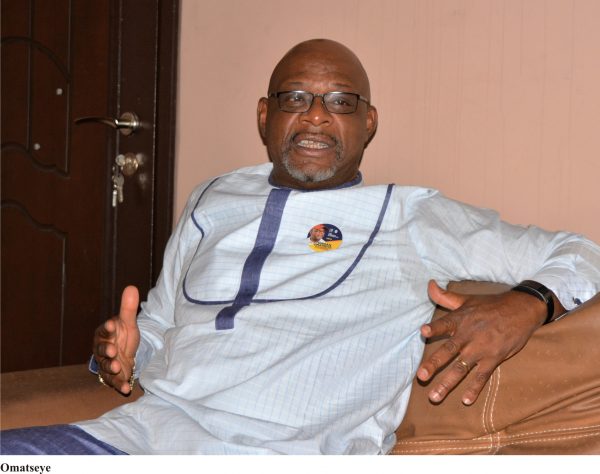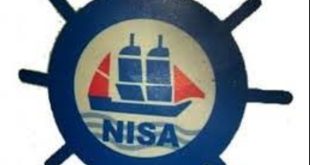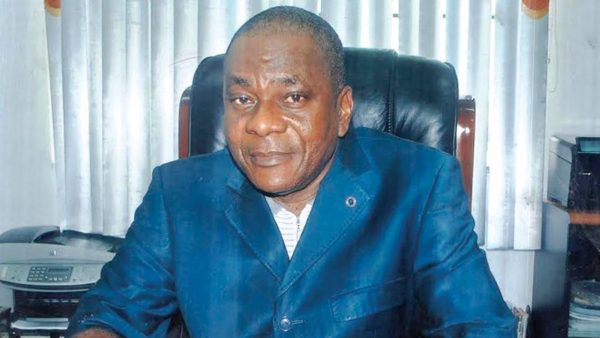
Despite having a Cabotage Act that gives preference for Nigerian seafarers to operate vessels doing business on the nation’s territorial waters, a former Director General of the Nigerian Maritime Administration and Safety Agency (NIMASA) Barr. Temisan Omatseye has lamented that Nigerian seafarers lack the requisite technical competence.
Omatseye who was speaking during an Instagram Live programme organized by MaritimeTV.news, stressed that International Oil Companies (IOCs) have upped their operations in a bid to attain safety leaving the indigenous participants in oil supply logistics behind.
His words: “The Cabotage Act has been passed but we have an unfortunate situation because shipping is capital intensive and requires a lot of long term funding. Over the last 15 years, IOCs have upped the scale of their operations. So, you previously had Platform Supply Vessels (PSVs) that went there but the IOCs have moved from DP1 to DP2 because of safety issues.”
“The new category of vessels is more expensive and it requires specialized skills for operations. Onboard a DP1 you would have two or three captains, one maneuvering the vessel, one maneuvering the DP and another onboard but these require specialist skills. We don’t have the manpower to run such operations in Nigeria.”
Omatseye who is also a former President of African Shipowners Association (ASA) said Nigeria’s Cabotage Act is strong and progressive but the challenge has been the implementation.
“The issue of waivers is one of the challenges Nigeria’s shipping sector is facing. We talked about cessation of waivers in one year but this has continued because we don’t have the capacity to support that”, he said.
Noting that Nigeria would continue producing oil in the next 15-20 years, he opined the nation could take advantage of the long term contracts with IOCs.
“Based on the assets required by these IOCs, there should be a plan in place for acquisition and writing off these assets over the 15year period. What this does is to reduce the rate, reduce the payment and it also allows you to develop capacity in the industry within that period.”
“The problem we have is lack of synergy. The oil companies are running their operations while the regulator in the maritime sector is playing catch-up. Anytime the regulator increases the heat on the IOCs, they slow down production and blame the regulator for it. So, the regulator is eventually called to stop doing the enforcement by the government because it would be slowing down the government’s revenue”, he said.
He also noted that COVID-19 has affected Nigeria’s shipping significantly, pointing out that there are no takers for the nation’s crude oil as most nations are on lockdown.
 MMS PLUS NG – Maritime, Aviation, Business, Oil and Gas News Online Newspaper with coverage in Maritime, Oil and Gas, Aviation, Power and Energy as well as Financial News
MMS PLUS NG – Maritime, Aviation, Business, Oil and Gas News Online Newspaper with coverage in Maritime, Oil and Gas, Aviation, Power and Energy as well as Financial News









